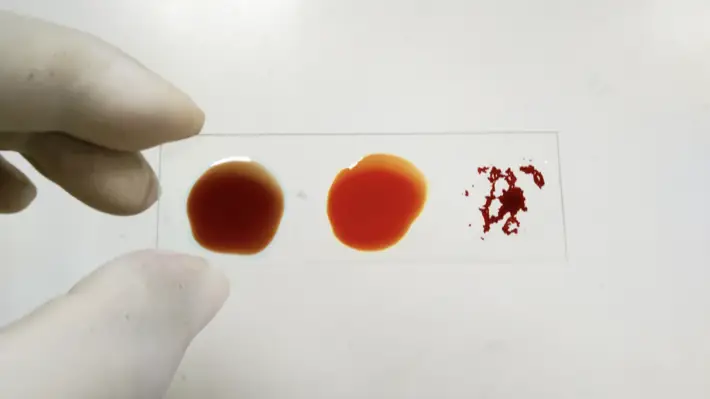
A team of French scientists has discovered a new blood type, currently found in only one person in the world.
Everybody's got blood, but not everybody's blood is exactly the same as there are several different groups that have a big impact when it's time for something like a transfusion.
Getting blood from the wrong group can be life-threatening, according to the NHS, as the main groups are made up of different mixes of antigens and antibodies and the wrong blood would start to attack your cells.
So Blood Group A has A antigens on the red blood cells and anti-B antibodies in the plasma, while Blood Group B swaps that arrangement around.
Advert
If you're in Group AB then you have both antigens and no antibodies, while Group O has no antigens but both antibodies and is the most common blood group in the UK with about 48 percent of Brits being in it.
Then of course there's further groups to divide them up, but the gist of it is that if you're getting a blood transfusion then you should either get some of the red stuff from the same group as you or from someone with O negative blood as that can safely be given to almost anyone.
There's actually a total of 48 different blood groups, and the most recent one discovered is present in just one woman.
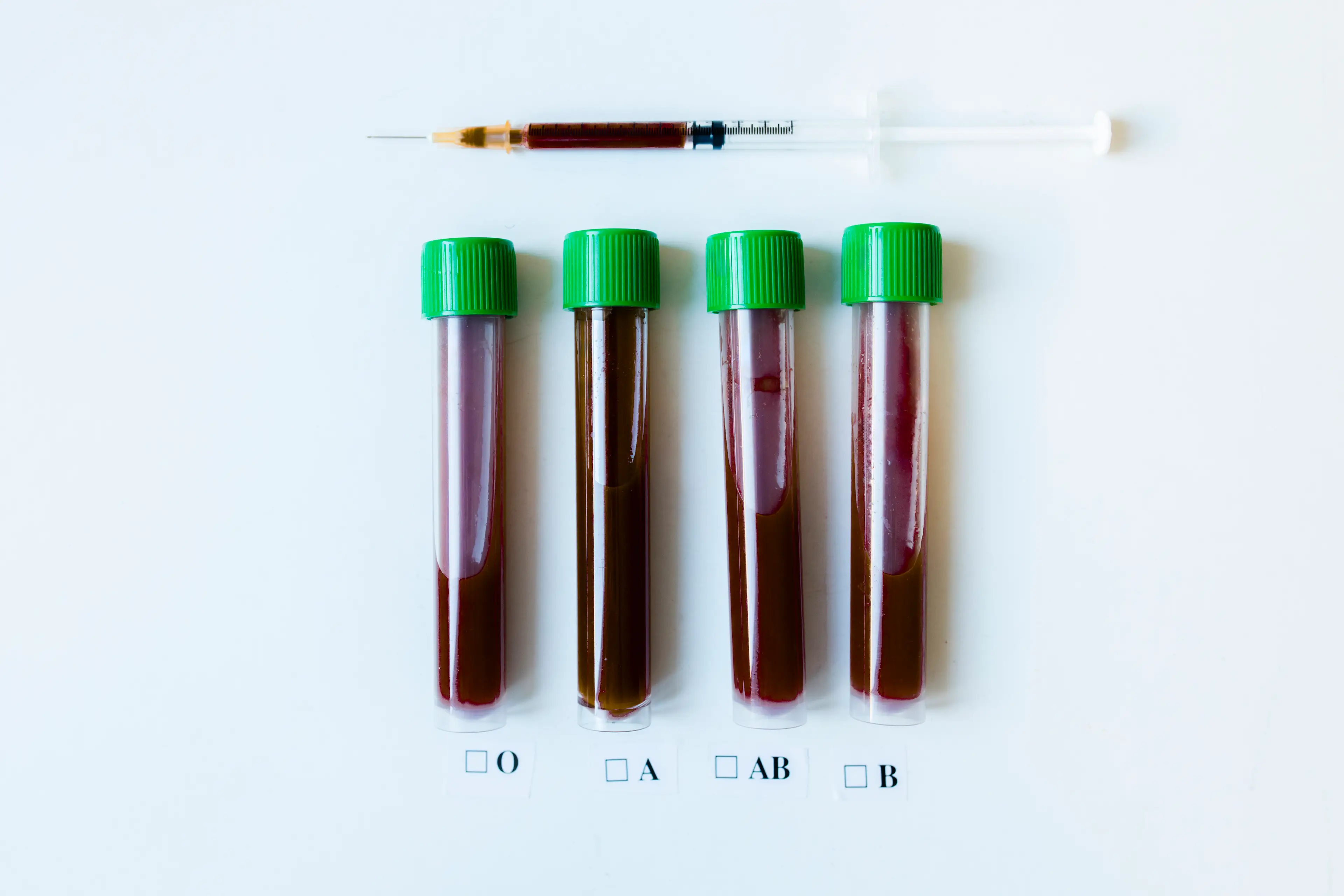
One-of-a-kind blood type discovered by scientists
French scientists made the discovery in a woman from Guadeloupe who had some of her blood drawn back when she was living in Paris in 2011.
While they didn't have the tools to properly study it back then, they could tell it was different and in 2019 the study was picked up again.
They've decided to call it 'Gwada negative' based on the phonetic pronunciation of the woman's homeland, with biologist Thierry Peyrard saying it 'sounds good in all languages'.
The hallmark of this new blood type is a mutated PIGZ gene.
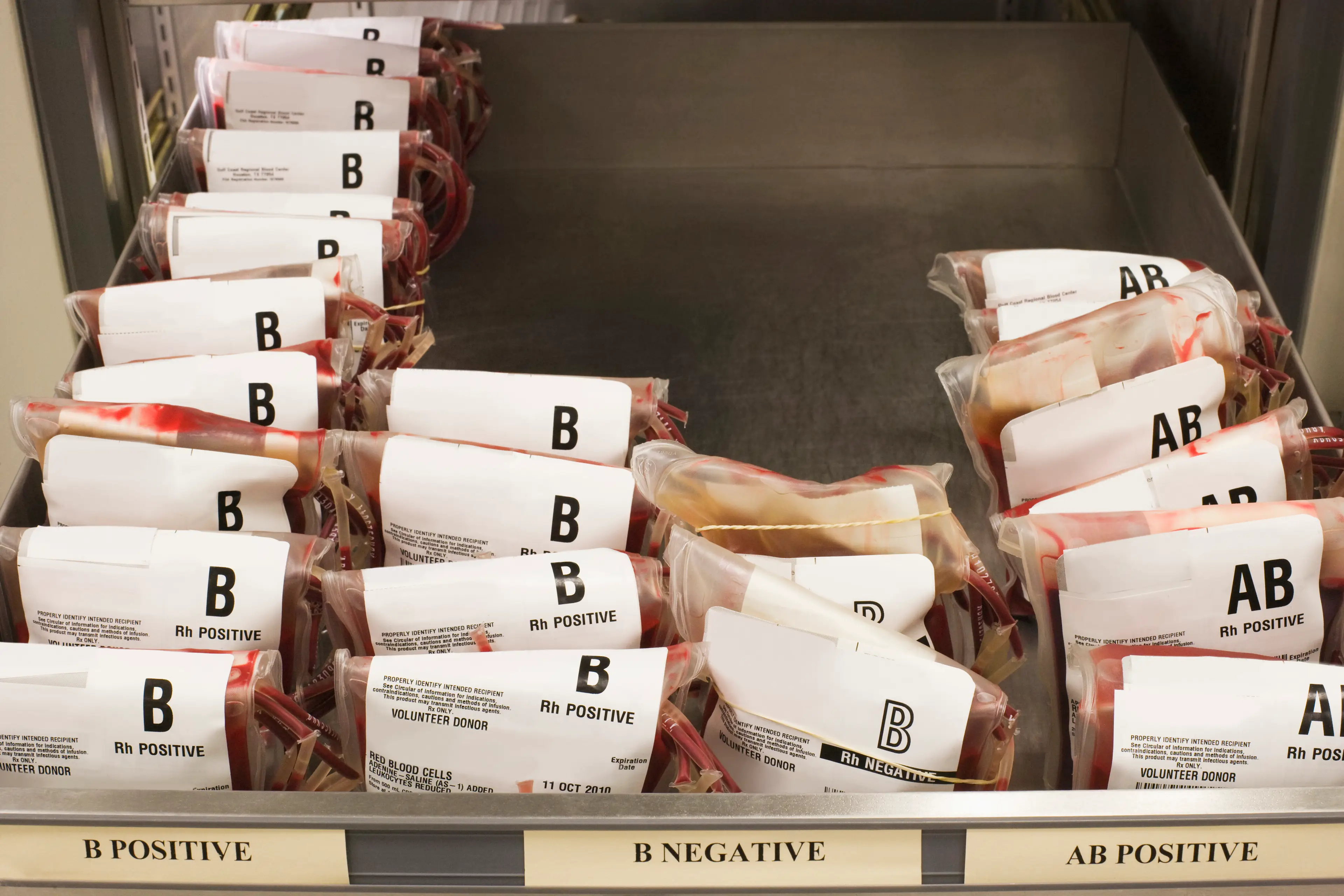
What does this mean for the woman?
The PIGZ gene changes how proteins bind to red blood cells, and that is really bad news for this woman.
According to scientists this change means that the woman is 'the only person in the world who is compatible with herself', as this blood type as not been detected in anyone else in the world.
It makes her incredibly unique, but she'd also be in great danger should she be in a situation where she needed a blood transfusion.
In essence she would need to either have some of her blood taken as an emergency supply in case of emergencies or she could hope there are others like her who we just don't know about yet.
On the plus side, knowing what type of blood she has should help the woman avoid the risk of getting the wrong stuff transfused into her.
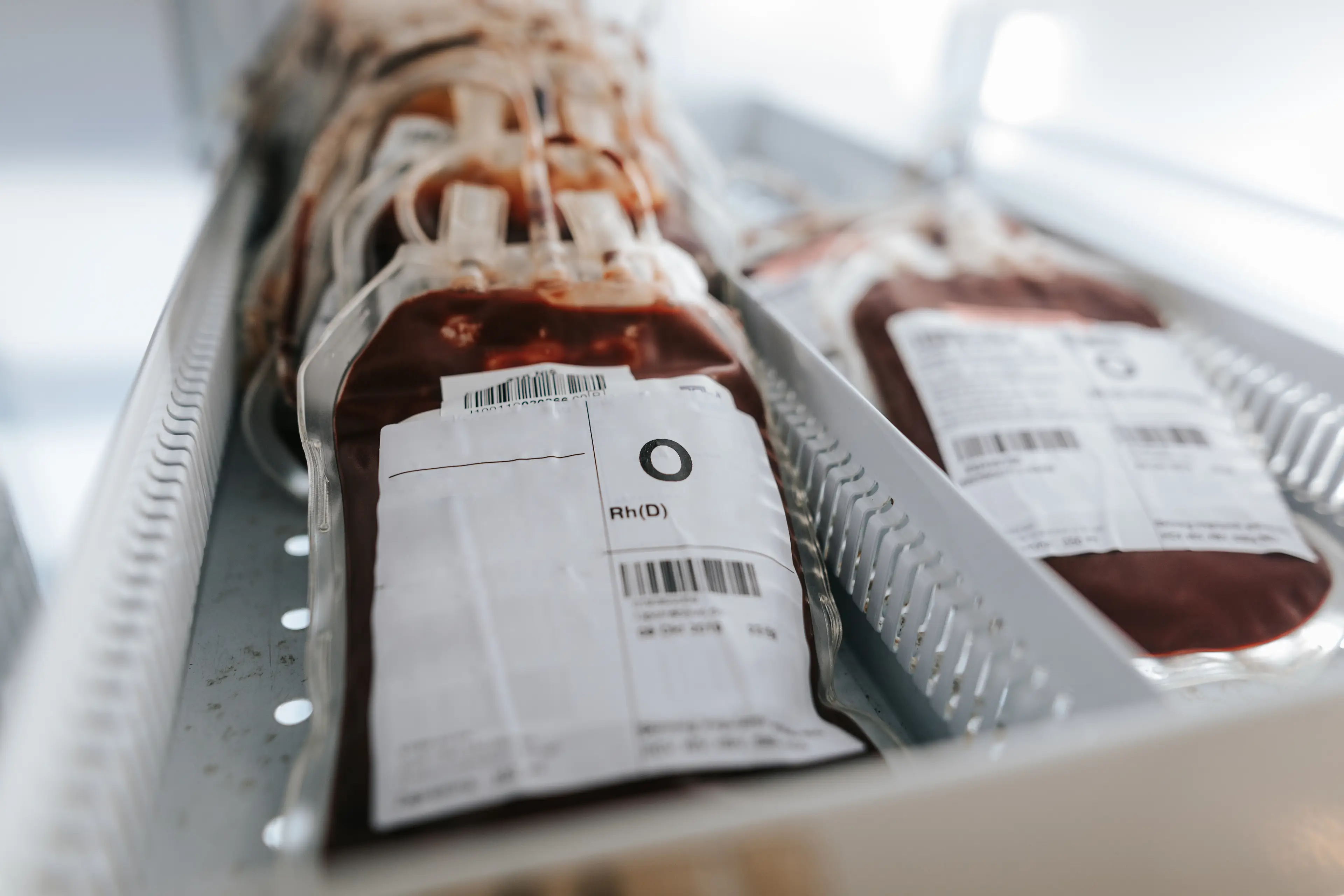
As she’s the only person who has it, she can’t receive blood from anyone else
While almost everyone in the world can get O negative, this woman with Gwada negative blood cannot.
Her blood would reject any other type that was transfused into her body, which would be pretty catastrophic for her health should she be in a position where she needs a transfusion.
As such her safest course of option is to build up a supply of blood by donating it regularly so there is something to give her should she need it.
While she is technically the only person in the world recognised as having Gwada negative, researchers are searching for other potential matches to her blood type.
It's entirely possible that there are many others with Gwada negative blood, they just haven't had it studied in a lab the same way this woman's blood has been.
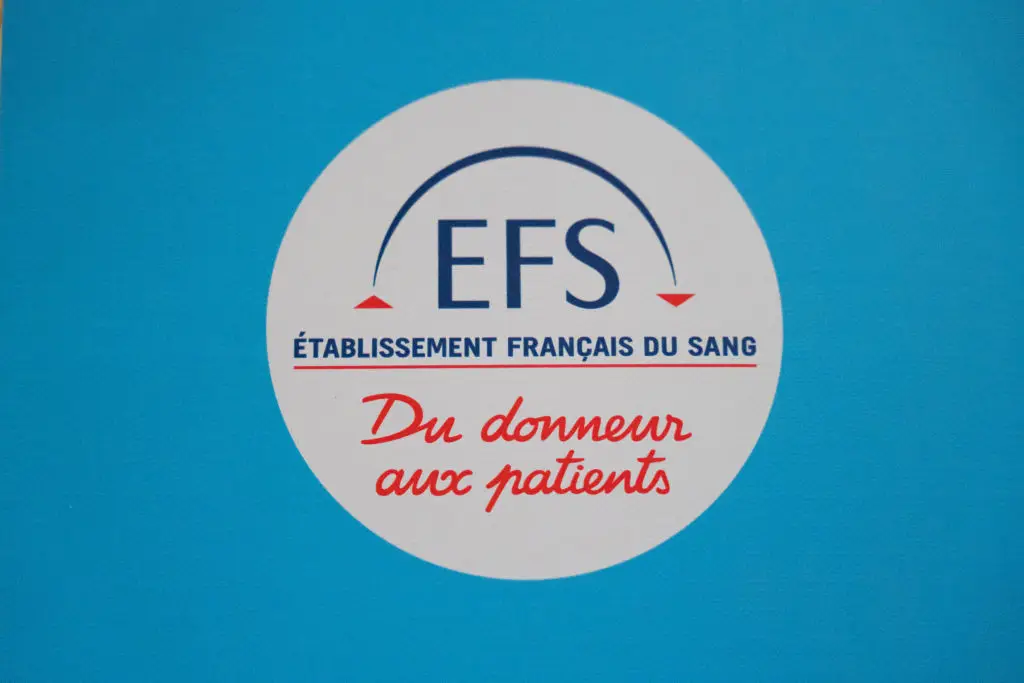
How did scientists discover the brand new blood type?
The woman had some blood taken before going in for surgery in 2011 and when studies on the blood resumed in 2019 the scientists were able to examine her DNA with gene sequencing analysis.
It was through this that they found a mutation in the PIGZ gene and realised that they were studying a new blood type.
The discovery was made by the Etablissement Français du Sang (EFS), or French Blood Establishment, which has discovered 10 of the last 17 blood groups we've found.
Topics: Science, Health, World News